This course is designed to provide an overview of the most recent developments in polymeric and plastics materials, with a focus on the new polymerization chemistries associated with such emerging technology. Topics covered will include: new developments in “rotaxane” type resins (multi-ring or ring-in-ring compounds), new developments in hyperbranced polymers (dendrimers), liquid crystalline polymers, conducting, semiconducting, polymer LEDs, electroluminescent and electroactive polymers, micro- and nanocapsule hydrogels for drug delivery systems, stimuli-responsive polymers and shape memory polymers.
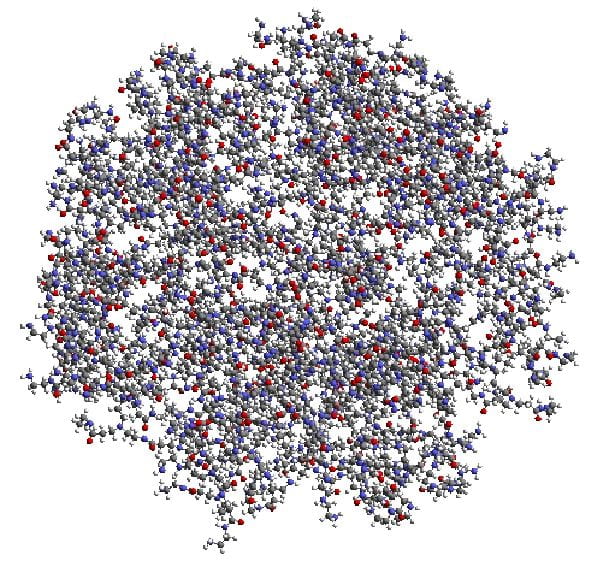
Pre-Req: PLAS.2010 Polym. Mat. I, PLAS.2020 Polym. Mat. II, or PLAS.5440 Adv. Plastics Mat.
This course covers the fundamentals of adhesion and adhesives including theories of adhesion and cohesion, surface science, chemistry and properties of adhesives, surface preparation, adhesive bond evaluation, adhesive joining of engineering materials. Commercial adhesives and applications.
Pre-Req: One semester of undergraduate physical chemistry.
Next Offering: Fall 2023 semester.
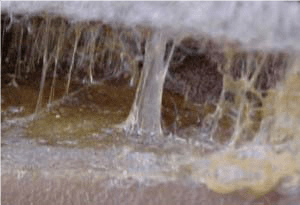
Organic polymer chemistry and basic principles of design and formulation of waterborne and high-solids and powder resins used for the development of solvent-less “green”, sustainable coatings and the use of bio-derived resins, mostly based on soybean oil and other renewable raw materials. The mechanisms and methods of curing and of polymerization for polymers used as green coatings will also be covered.

Pre-Req: One semester of undergraduate polymer chemistry.
Next Offering: Spring 2024 semester.
Physical properties of organic polymer coatings and their characterization and manufacture. Emphasis will be placed on how the coatings formulation ingredients and their interactions impact rheological properties (structure/property relationships), and how these properties impact real-world flow behavior (property/performance relationships) of coatings during mixing, pumping, application, and flow and leveling, etc. This course is designed to provide coating formulators with the necessary foundation for both of these aspects. The course will cover important rheology parameters (viscosity, shear-thinning, thixotropy, viscoelasticity, etc.) and their measurements.
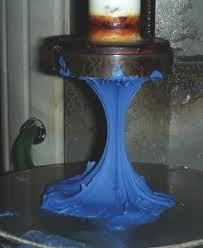
This course covers the fundamentals of nanoscale colloidal processes, intermolecular forces and electrostatic phenomena at interfaces, boundary tensions and films at interfaces, electrostatic and London forces in disperse systems, interactions and self-assembly of polymer colloids, nanoparticles, surfactants and biomolecules. Applications of these fundamentals in nanoscience and nanoscale engineering will be discussed. Nanoscience leads to development of many new technologies with relevance to polymer science and plastics engineering, including Microfluidics; lab-on-a-chip; nano-biocolloids, vesicles, colloidosomes, polymersomes and polymer hydrogel microcapsules for drug delivery and nanostructured materials and devices.
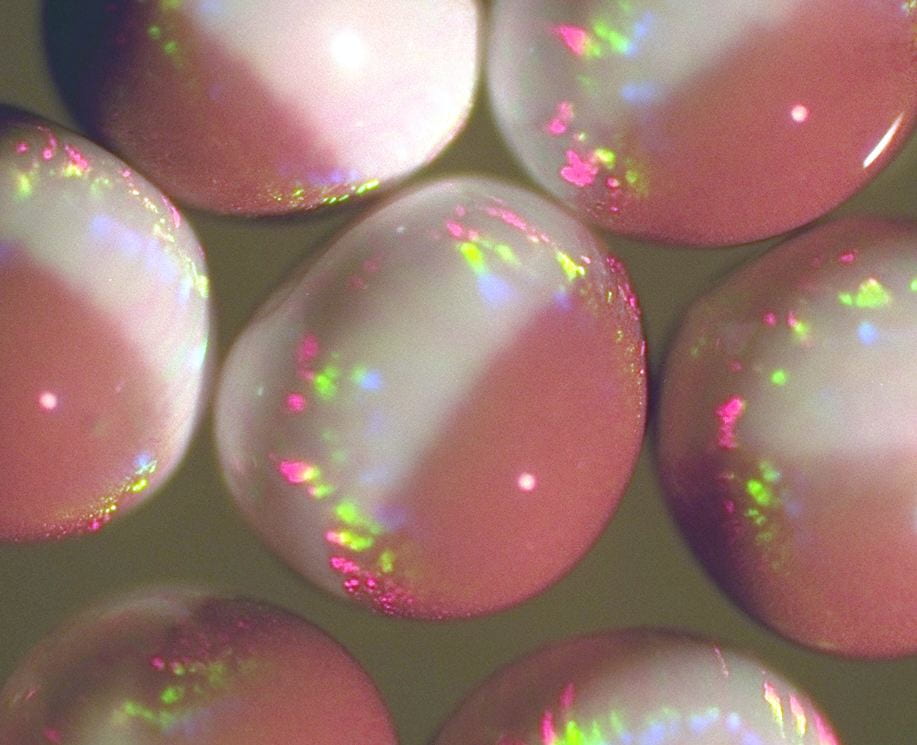
The attendees should have some knowledge of thermodynamics, statistical mechanics and/or physical chemistry.
Comprehensive course covering physical polymer science and engineering. The role of molecular conformation and configuration in determining the physical behavior of polymers. The amorphous and crystalline states of polymers; polymer/polymer phase diagrams; glass-rubber transition and polymer viscoelastic behavior.
PLAS.4030 Mechanical Behavior Polymers, and PLAS.5060 Polymer structure and Props, and PLAS.5440 Adv. Plastics Materials, or PLAS.3820 Polymer Science II
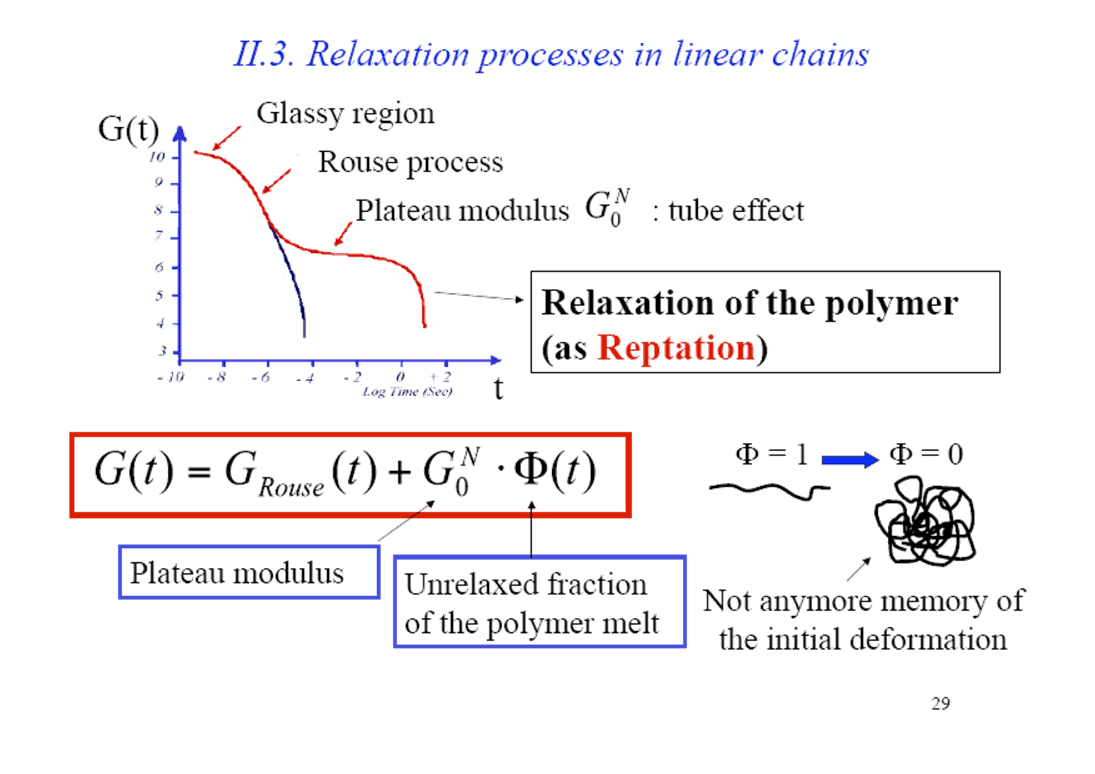
Next Offering: Spring 2025 semester.
